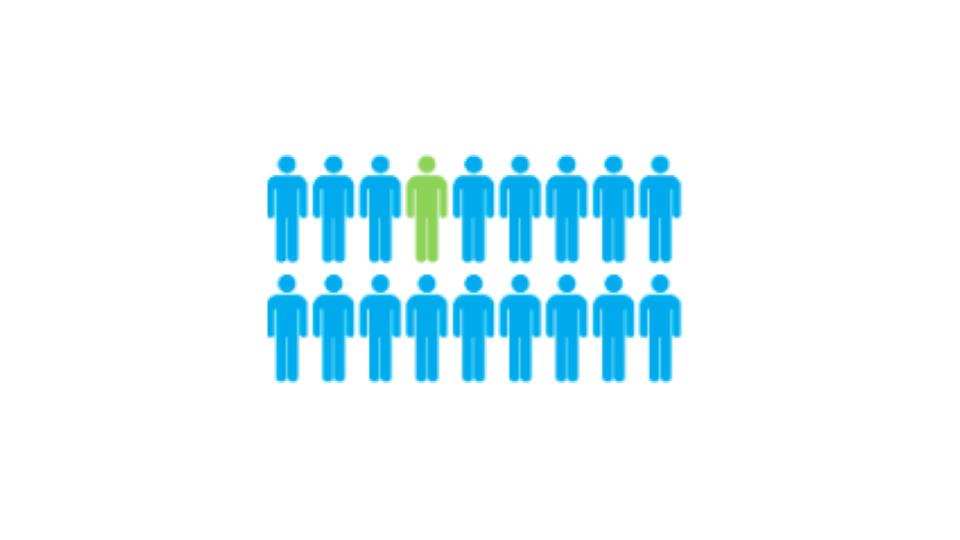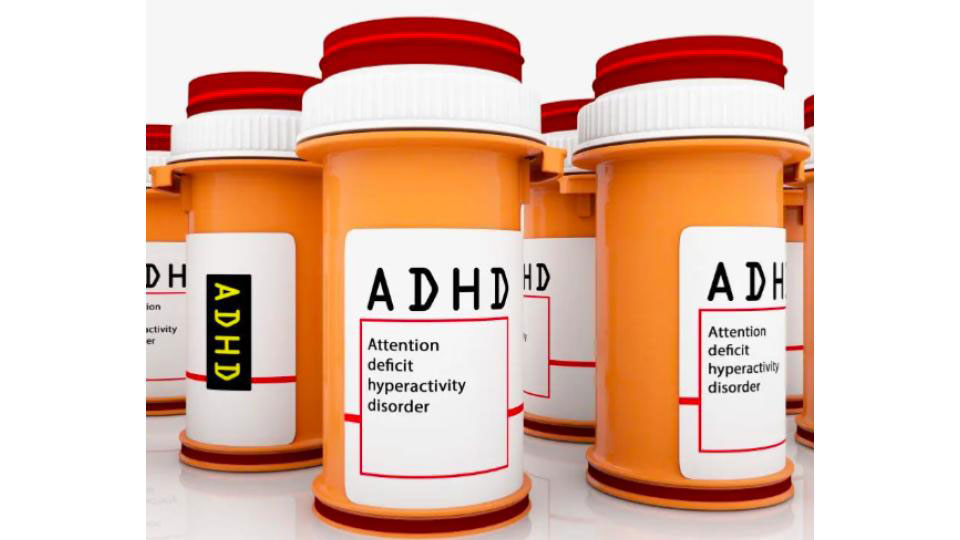Academic Difficulties

Understanding Academic Difficulties
Throughout their academic lives, many kids are affected by academic difficulties, which can include problems like underachievement, teacher neglect, and learning challenges. Academic worries may negatively affect a student’s performance in the classroom, but they are also likely to have a big impact on other aspects of life, frequently putting a child or adolescent under unnecessary stress and interfering with their home, work, and play lives.
Common Signs of Academic Concerns
Students with academic concerns often report the following struggles
- Inefficient study habits
- Difficulty understanding course material
- Exam anxiety that leads to poor performance
- Procrastination on assignments
- Difficulty planning, managing time, and organising to complete assignments or study tasks
- Inconsistent class attendance
- Academic probation or loss of scholarship
It is important to note that students are most often motivated to do well but find it difficult to organise their study schedules, course content or have habits the optimise time available to study. Unfortunately in some situations resulting in punitive action with far wider ramifications on their well being and future.
Academic Challenges And Identification
Academic and non-academic difficulties may arise due to attentional dysregulation, and executive functioning deficits, that are commonly associated with Attention Deficit Hyperactivity Disorder. Additionally, specific learning disabilities (SLDs) such as Dyscalculia, which is difficulty with understanding numbers; Dyslexia, which is difficulty with reading; and Dysgraphia, which is difficulty with writing can contribute to academic difficulties. The presence of these difficulties is established using a cognitive assessment.
Impact of Academic Problems
Academic difficulties can lead to immense stress for children, adolescents, as well as parents. They may exhibit emotional and physical symptoms of anxiety, have a change in appetite, sleep, or daily routines. Children may feel socially isolated, or may be picked on or bullied for not performing well.
A child with a learning disability that is not recognized or correctly treated, for example, might become overwhelmed due to pressure to earn better grades, confusion about why they are not doing well, and frustrated with teachers who do not offer needed assistance. Students with academic difficulties might then become anxious about school, and the stress might also manifest as aggression toward the child’s teacher or peers.
Potential Underlying Causes
Academic and non-academic difficulties often arise due to an underlying issue. At times, a combination of factors can contribute to academic difficulties:
- Poor adjustment to school/college life
- Lack of a sense of belonging or connection to peers
- Ineffective study skills or habits; not asking for help or tutoring support
- Personal issues such as poor health, finances, responsibilities at home, difficult relationships
- A lack of motivation
- Poor concentration
- Less clarity around goals, academic interests, studying subjects that are not of interest
- Increased difficulty of coursework, more workload
- Procrastination due to perfectionism
- Undiagnosed or untreated learning disability
These problems include confusion about or disinterest in a subject, poor time management, procrastination, lack of attention from teachers, bullying, and inappropriate or violent behavior toward others.
Treatment for Academic Difficulties
Therapy can be a helpful way for students to work on understanding academic-related troubles and develop strategies for dealing with any related mental health challenges.
If academic problems arise due to a result of a traumatic experience, or any other personal issues, therapy can help in navigating those underlying issues. Once these are processed, the child may find an improvement in their academic performance.
Therapy can also help the child develop better study habits, understand what works for them, and build insight into their capabilities and difficulties.
Frequently Asked Questions
Parents often observe this and may hear of it as feedback in school from teachers. These observations typically do not create distress in junior school or early middle school. However as academic pressure rises 9th grade onwards these difficulties start manifesting in more pronounced ways. Low concentration, focus, difficulty staying in class, being easily distracted are often signs of Attention Deficit Hyperactivity disorder in kids. Please refer to this article for more information Tell tale signs of ADHD in kids.
No, all academic difficulties do not necessarily have an associated specific learning disability. Academic difficulties related to concentration, task initiation or other executive functioning skills may have other underlying causes. Attention deficit hyperactivity disorder in kids is often seen to occur where children have the above mentioned challenges.
An learning difficulty makes it difficult to acquire specific skills such as reading skills or maths skills. On the other hand ADHD in kids impacts more global skills and executive functions like the ability to focus, the ability to control emotions, and the ability to control impulsive behaviour.
A specific learning disability typically refers to a disorder that interferes with a student’s ability to listen, think, speak, write, spell, or do mathematical calculations resulting in academic problems and academic difficulties. Students with a specific learning disability may struggle with reading, writing, or math.
“Specific learning disability” is used to describe many different types of learning issues. evaluation may show that your child has a specific learning disability in a certain subject area.
For example: a specific learning disability in reading, also known as dyslexia, a specific learning disability in writing, also known as dysgraphia, a specific learning disability in mathematics, also known as dyscalculia.
Signs of learning specific learning disabilities include
- Evident, persistent difficulties in reading, writing, arithmetic, or mathematical reasoning.
- Inaccurate or slow and effortful reading or writing.
- Poor written expression that lacks clarity. Difficulties remembering number facts.
- Inaccurate mathematical reasoning
It’s important to take notes if your child struggles with listening, speaking, reading, writing, spelling, or math, take note of the specific issues you see. So that you have more information while talking to a specialist.
Discuss your observations with your teacher. If there is a special education needs department in the school your child is studying in it helpful to discuss your observations with them. A school or specialist might ask for a cognitive assessment to evaluate the degree and extent of a learning difficulty, Basis the cognitive assessment special accommodations might be provided to your child e.g. extra time in exams, extra help in class or extended deadlines for assignments.
Most importantly trust your gut. As a parent you know your child the best. If you suspect there is a problem it is best to get help as soon as possible.
Specific learning disabilities are not uncommon. According to available research 63% of people know someone who has a learning disability, 43% of people wrongly think that learning disabilities are correlated with IQ and 10-15% of school-aged children have a learning disability.
Related Blogs

Treating OCD at STEPS


Types of Obsessive Compulsive Disorder

Obsessive Compulsive Disorder Overview, Symptoms and Prevalence

Treating ADHD at Steps : Therapy

